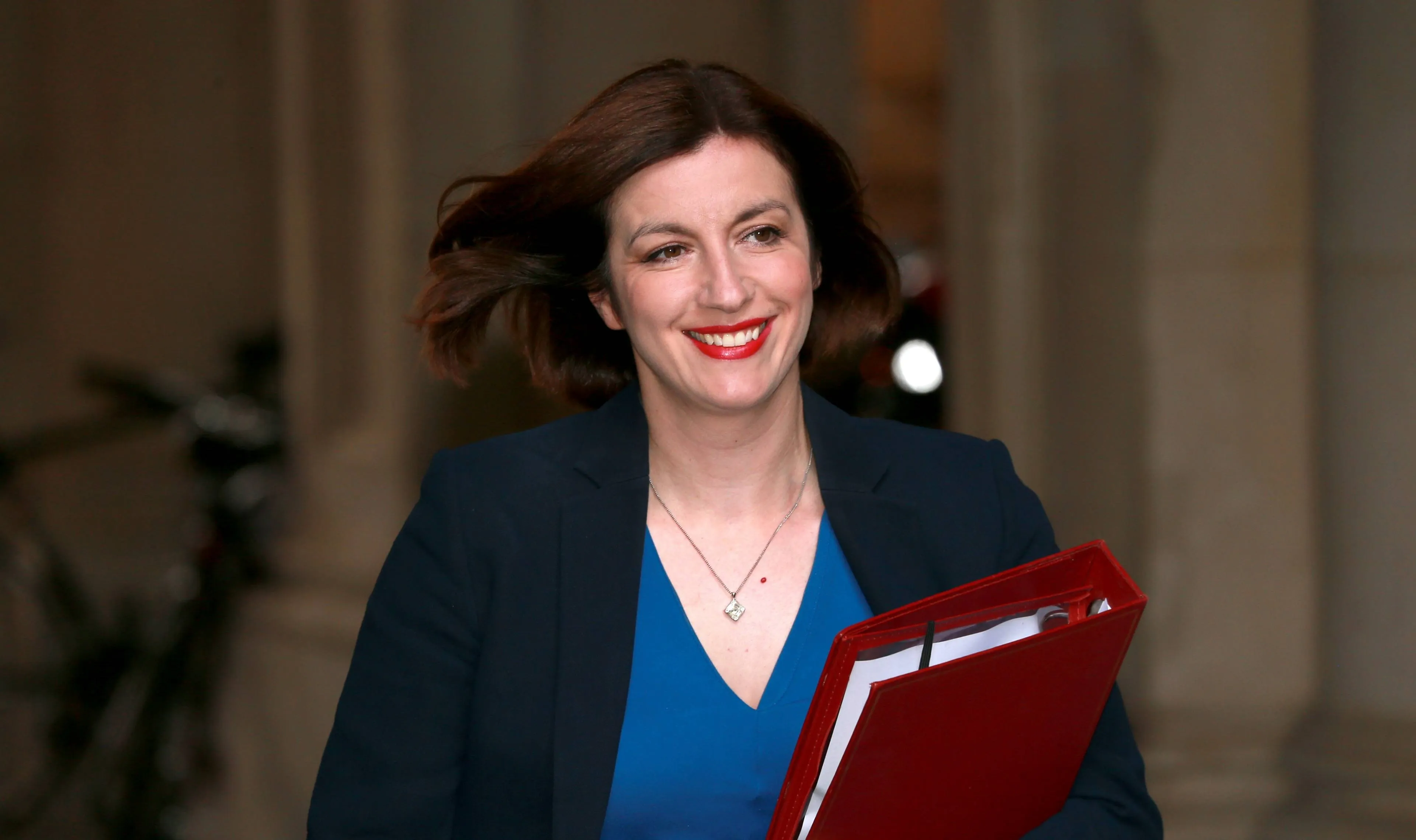Mijn leven als een lauwwarmer
Wat Matt Ridley allemaal over zich heen kreeg omdat hij de verhalen over de opwarming van de aarde overdreven vindt.
Onder de titel, 'My life as a climate lukewarmer', schreef Matt Ridley op zijn blog:
The polarisation of the climate debate has gone too far.
All the fury must mean that my arguments are hitting home, or efforts would be made to demolish them rather me I am a climate lukewarmer. That means I think recent global warming is real, mostly man-made and will continue but I no longer think it is likely to be dangerous and I think its slow and erratic progress so far is what we should expect in the future. That last year was the warmest yet, in some data sets, but only by a smidgen more than 2005, is precisely in line with such lukewarm thinking.
This view annoys some sceptics who think all climate change is natural or imaginary, but it is even more infuriating to most publicly funded scientists and politicians, who insist climate change is a big risk. My middle-of-the-road position is considered not just wrong, but disgraceful, shameful, verging on scandalous. I am subjected to torrents of online abuse for holding it, very little of it from sceptics. ...
Kind friends send me news almost weekly of whole blog posts devoted to nothing but analysing my intellectual and personal inadequacies, always in relation to my views on climate. Writing about climate change is a small part of my life but, to judge by some of the stuff that gets written about me, writing about me is a large part of the life of some of the more obsessive climate commentators.
It’s all a bit strange. Why is this debate so fractious? Rather than attack my arguments, my critics like to attack my motives. I stand accused of “wanting” climate change to be mild because I support free markets or because I receive income indirectly from the mining of coal in Northumberland. ...
I was not always a lukewarmer. When I first started writing about the threat of global warming more than 26 years ago, as science editor of The Economist, I thought it was a genuinely dangerous threat. Like, for instance, Margaret Thatcher, I accepted the predictions being made at the time that we would see warming of a third or a half a degree (Centigrade) a decade, perhaps more, and that this would have devastating consequences. Gradually, however, I changed my mind. The failure of the atmosphere to warm anywhere near as rapidly as predicted was a big reason: there has been less than half a degree of global warming in four decades — and it has slowed down, not speeded up. Increases in malaria, refugees, heatwaves, storms, droughts and floods have not materialised to anything like the predicted extent, if at all. Sea level has risen but at a very slow rate — about a foot per century. Also, I soon realised that all the mathematical models predicting rapid warming assume big amplifying feedbacks in the atmosphere, mainly from water vapour; carbon dioxide is merely the primer, responsible for about a third of the predicted warming. When this penny dropped, so did my confidence in predictions of future alarm: the amplifiers are highly uncertain. ...
Lees verder hier.
Het artikel verscheen eerder in The Times.
Richard Tol heeft inmiddels zijn afkeuring uitgesproken over de bedreigingen uit de groene hoek aan het adres van Matt Ridley. In een 'posting' getiteld, 'Radical Greens', schreef hij onder meer:
There are now elements in the environmental movement who are so worried about the state of the planet that they have lost all sense of proportion. This is alarming for those at the receiving end of their mindless wrath. It does not help to protect the environment either. …
Every movement has its nutters. Climate warriors have long ago stopped being civil. But we seem to be entering a new level of radicalisation. ….
In January 2015, a Greenpeace activist called for the beheading of a member of the House of Lords on the website of the Guardian. When challenged, he repeated the call, and again. People who questioned the wisdom of these remarks were attacked or banned. The Guardian actively moderates its comments, but even though Gary Evans’ calls to behead Matt Ridley caused a bit of a stir, it took the editors 32 hours to realize that death threats against political opponents is not really how we like to do things in Britain nowadays. …
Aldus Richard Tol
Lees verder hier.
Voor mijn eerdere DDS-bijdragen zie hier.
Ga verder met lezen
Dit vind je misschien ook leuk
Laat mensen jouw mening weten


